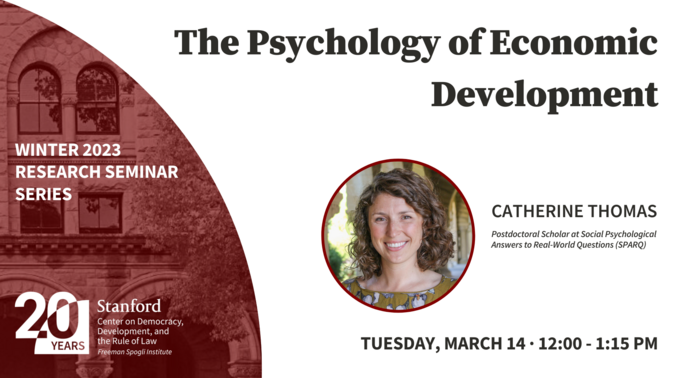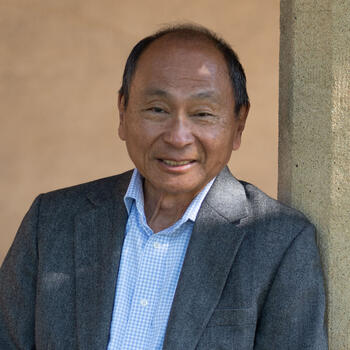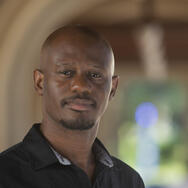Sheri Berman | REDS Seminar: The Political Consequences of Economic Ideas

Across Europe, social democratic (or more broadly center-left) parties are a shadow of their former selves.
Most treatments of the center-left's decline stress economic factors like globalization or the decline of manufacturing or social factors, like the decline of the traditional working class. While such factors are important, they alone cannot explain the center-left’s decline if only because such factors do not correlate well with the fortunes of center-left parties across either time or space. This talk will accordingly focus on the political causes of the center-left's decline, in particular its shift to the center on economic issues and the dilution of its class-based political appeals during the late 20th century. This transformation had a variety of unintended and detrimental consequences for center-left parties, played a significant role in the rise of the populist right, and contributed to reshaping the dynamics of western democracies more generally.
ABOUT THE SPEAKER

REDS: RETHINKING EUROPEAN DEVELOPMENT AND SECURITY
The REDS Seminar Series aims to deepen the research agenda on the new challenges facing Europe, especially on its eastern flank, and to build intellectual and institutional bridges across Stanford University, fostering interdisciplinary approaches to current global challenges.
REDS is organized by The Europe Center and the Center on Democracy, Development and the Rule of Law, and co-sponsored by the Hoover Institution.

William J. Perry Conference Room
Encina Hall, Second Floor, Central, C231
616 Jane Stanford Way, Stanford, CA 94305















